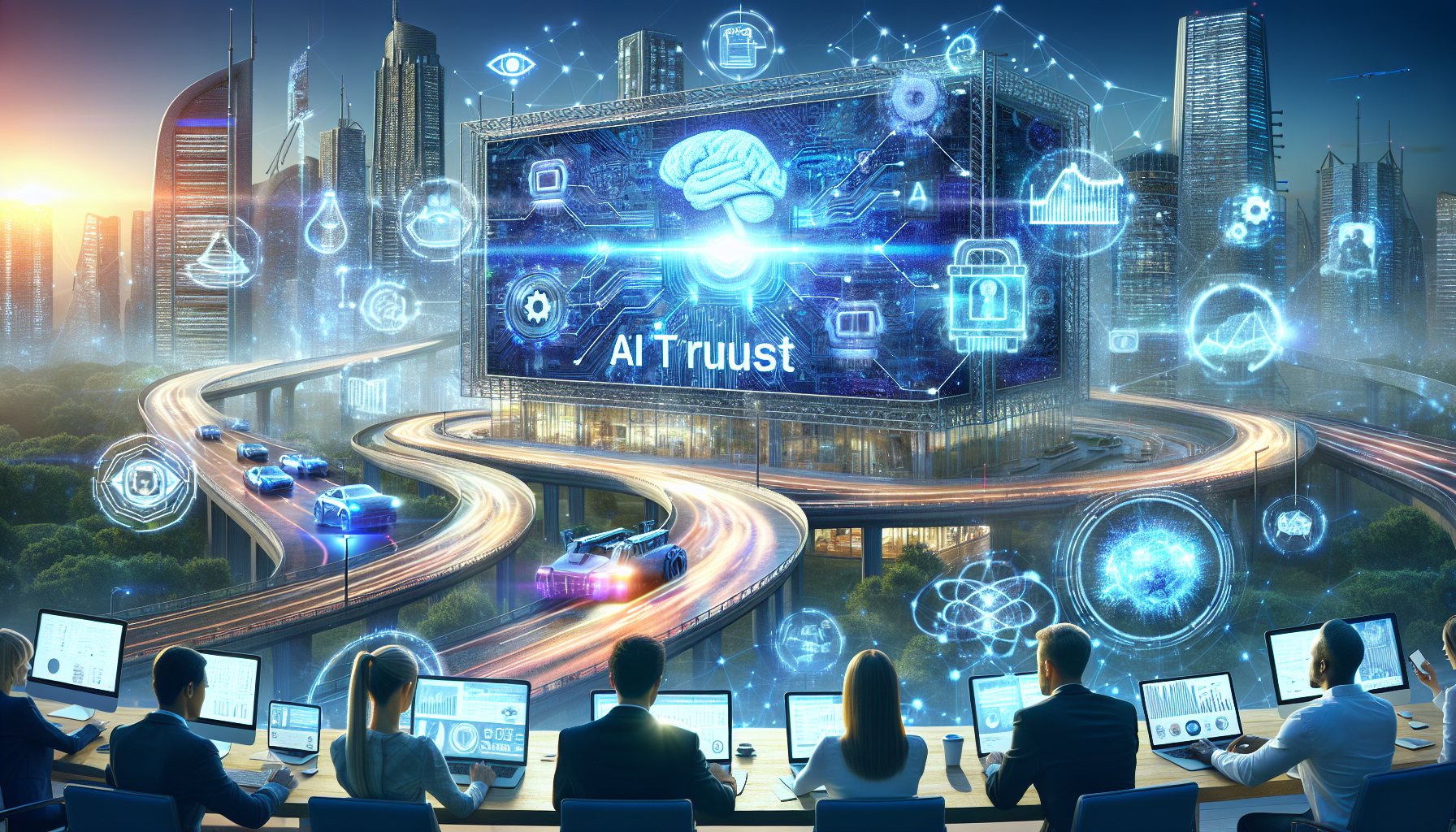Exploring AI and Public Trust: What Marketers Need to Know
January 17, 2025 | 5 min read
As we begin another promising year in the ever-evolving marketing landscape, it's crucial to understand how public trust influences the mediums we employ. I spent the last holiday season reflecting on what 2024 taught us about the relationship between AI, social media, and public trust. Let me uncover these insights as we explore the results from the latest Rutgers study on AI trust, a topic every savvy marketer should grasp to navigate this year with finesse.
Three Revelations on AI Trust Every Marketer Needs
Public perception and trust are not mere side notes in the grand narrative of technological advancement; they strike at the heart of our strategies and influence how we interact with our audiences. In 2024, we witnessed considerable shifts in public sentiment towards AI, providing new opportunities and challenges for marketers. Here are three pivotal takeaways that I believe will guide how we innovate in 2025:
-
AI Takes the Lead Over Social Media:
According to Rutgers University's study, trust in AI now surpasses that of social media. Astonishingly, a 47% trust rate contrasts with the 39% for social platforms. Particularly, younger males and urban residents showcased higher confidence in AI. This fascinating turn indicates an emerging demographic more open to AI's potential.How can we leverage this? Let's look at using AI to enhance transparency and trust. Incorporating AI tools can automate tasks while maintaining humanity in messaging, a delicate balance essential to winning over skeptical consumers in a post-pandemic world.
-
Human Stories Still Shine Brighter Than Robots:
Even as AI gains trust, people have a definite preference for human-generated content, especially in journalism. A majority (62%) prefer the authenticity of human narratives over AI-generated news (48%). The message is clear: engage your audience through compelling, heartfelt storytelling, and let AI enhance the experience, not replace it.Exhibit A: Consider National Geographic's approach—beautiful, immersive stories that capture the imagination. Their seamless integration of AI to personalize reader experiences without losing the touch of genuine narratives offers a blueprint for brands looking to resonate deeply with their audience.
-
Transparency and Responsible AI Application:
With only half of consumers trusting companies' responsible AI use, transparency in our AI strategies becomes paramount. Open communication about AI's role in enhancing customer experiences can fortify consumer trust, a crucial capital in digital spaces.
Strategy in Action: Brands like Microsoft openly discuss their AI practices and protections, addressing concerns and demystifying AI's role. Through clear, accessible dialogue, they foster an understanding and reassuring narrative that can inspire similar practices across industries.
Navigating 2025's Marketing Landscape
So, what does this mean for us as marketers? The key lies in marrying the power of AI with the authenticity of human touch. This dual approach not only meets the audience's expectations but also utilizes AI's efficiency and data analysis to drive marketing success.
In essence, as we delve deeper into 2025, our ability to adapt and innovate—underpinned by a keen understanding of public sentiment and trust—will define our success. Let's embrace the intersection of technology and humanity to chart a path that respects and captivates those we aim to serve.
Remember, every change in tide presents an opportunity for those prepared to navigate it. Here's to seizing those opportunities and making 2025 a landmark year in marketing. If you find these insights helpful, I'd love for you to share them with your fellow marketers as we set sail into this exciting new year together!

답글 남기기